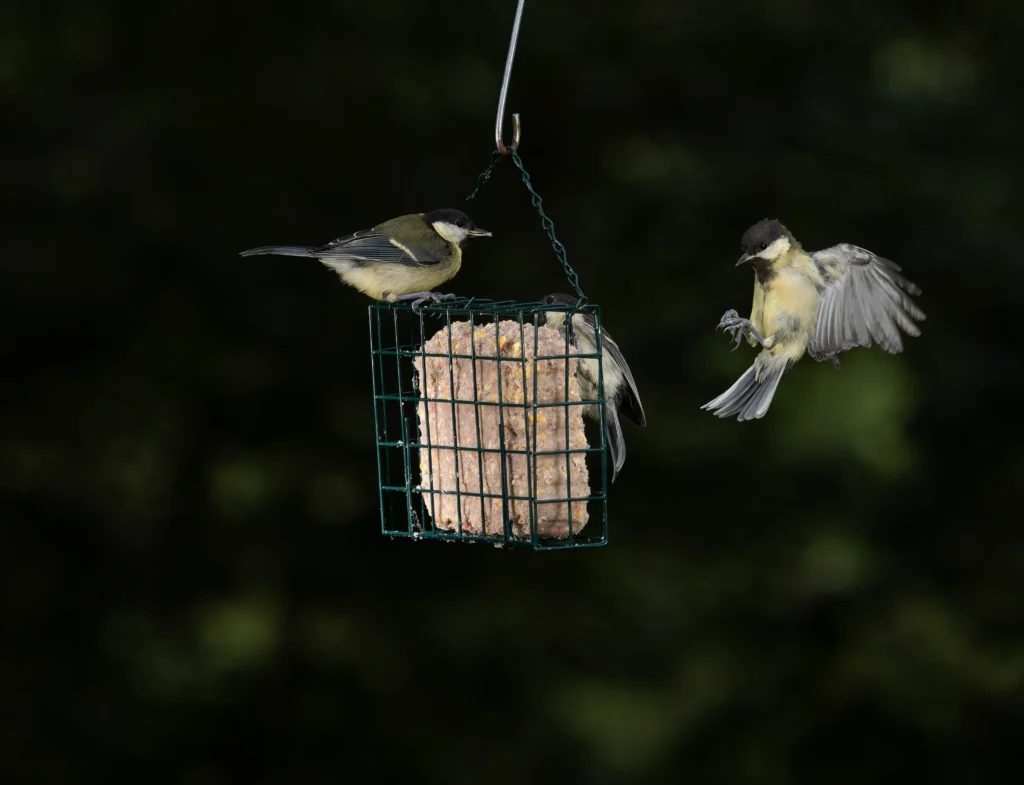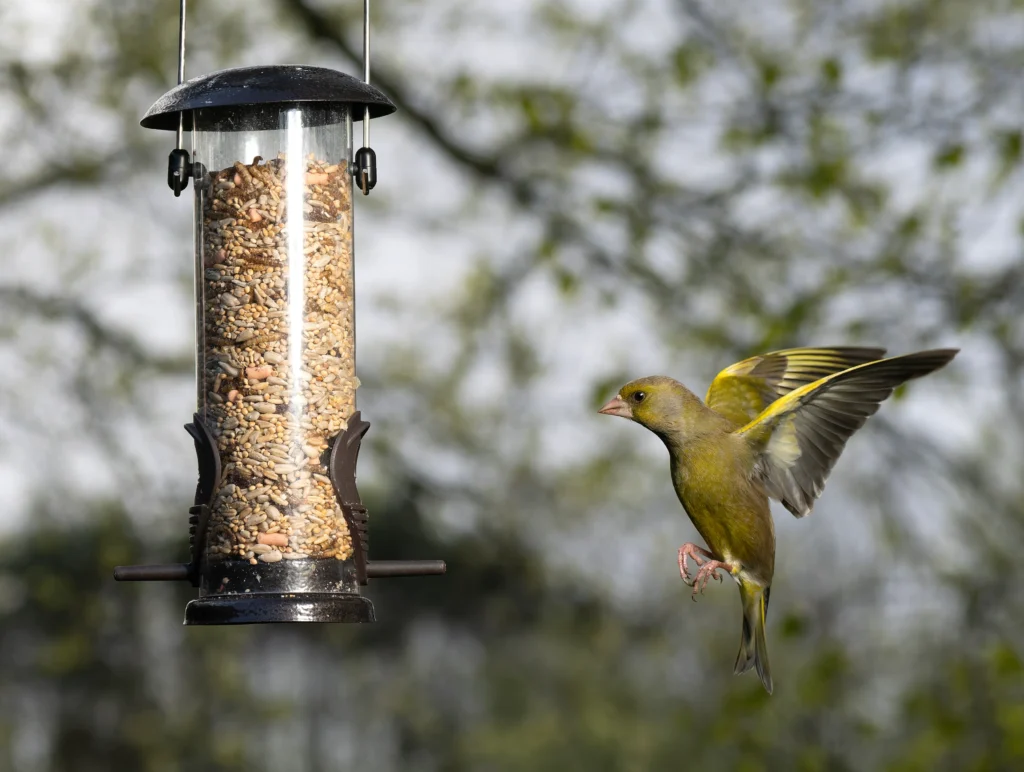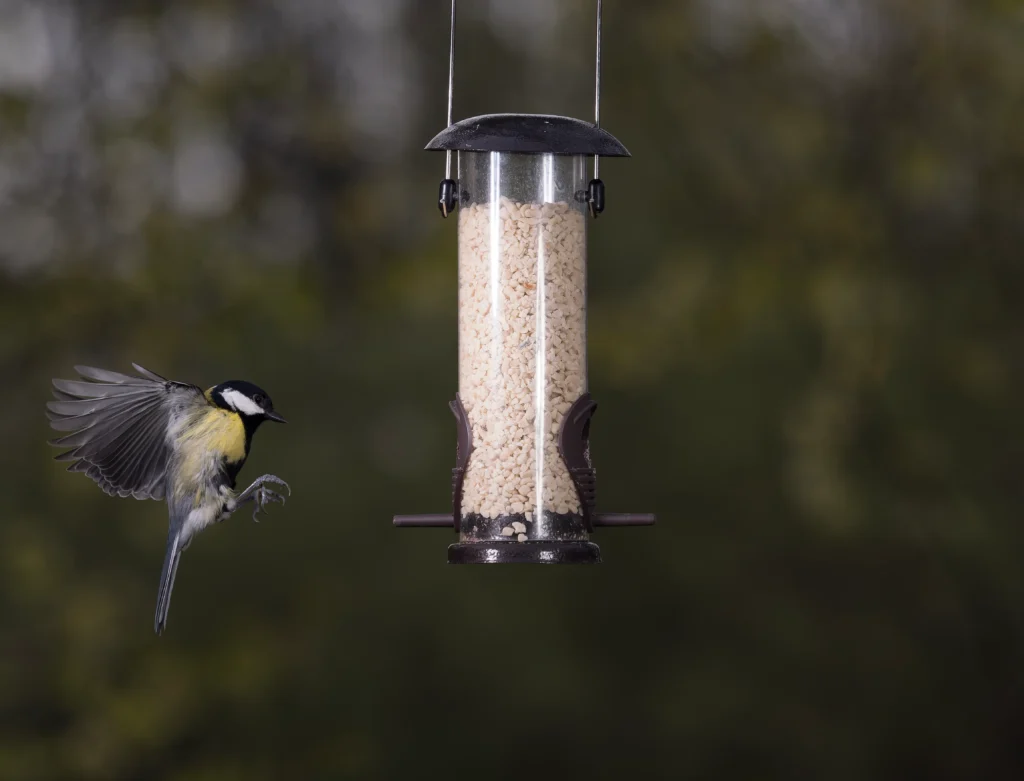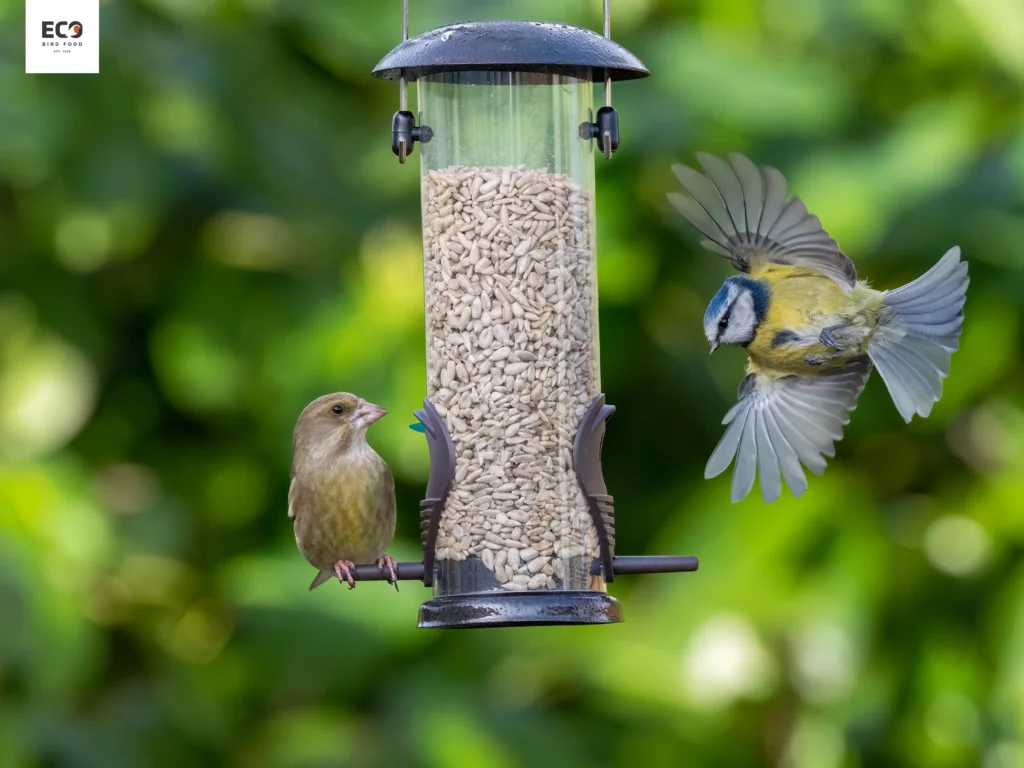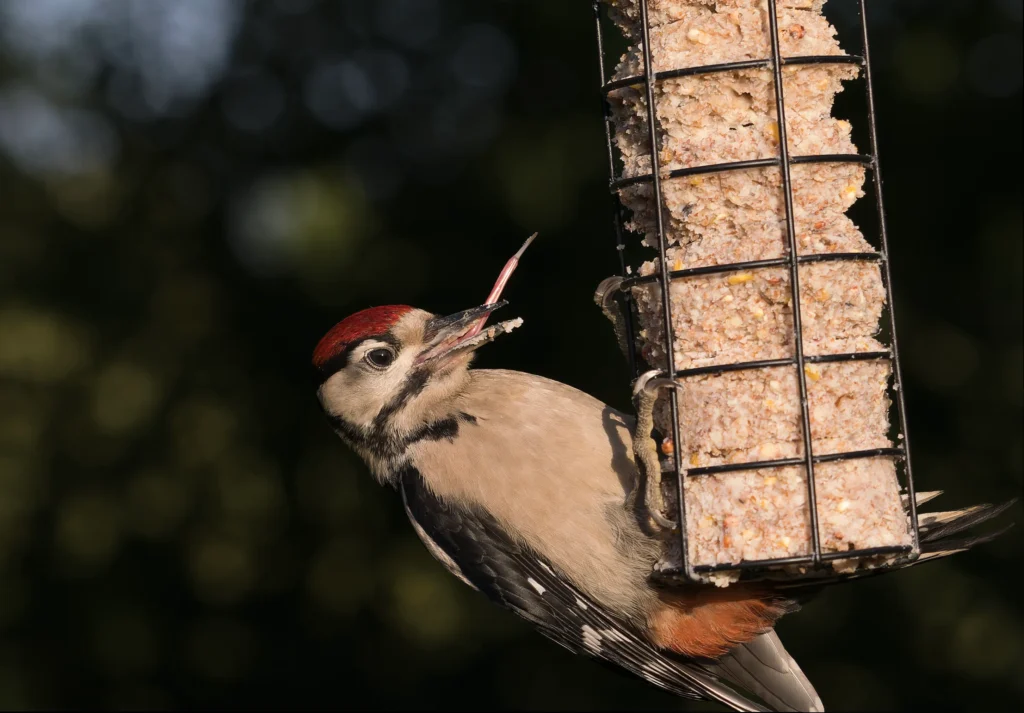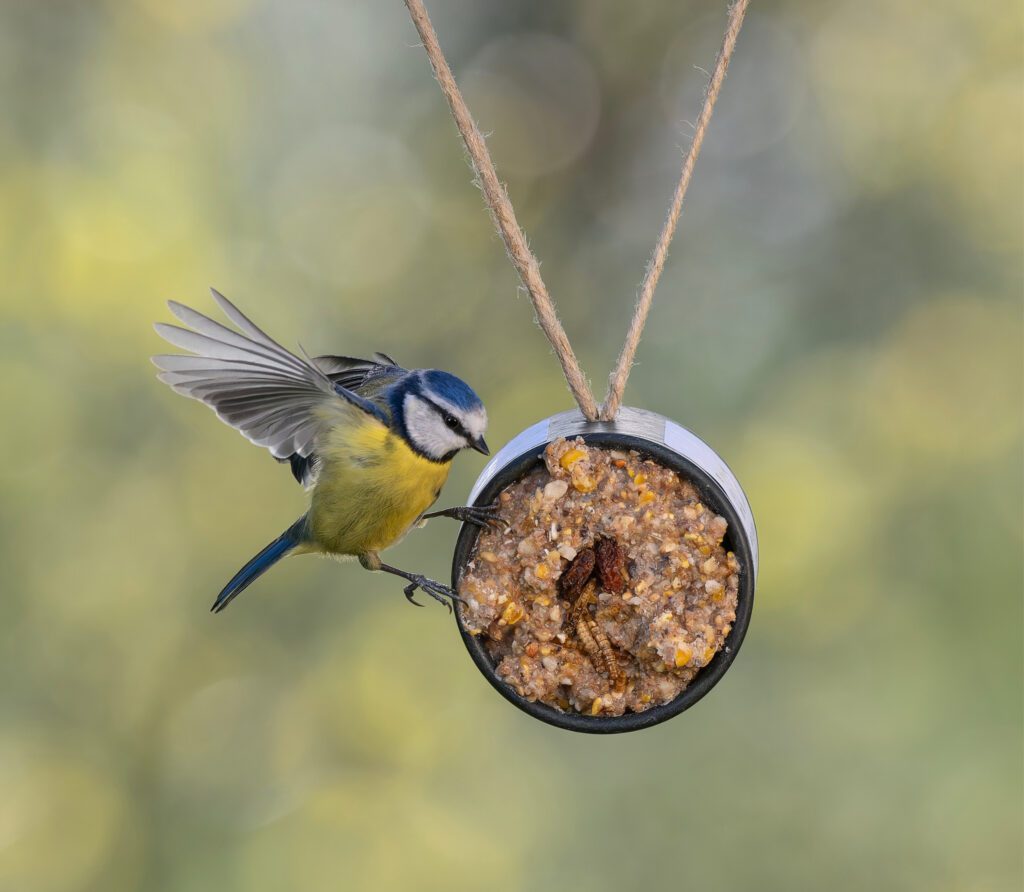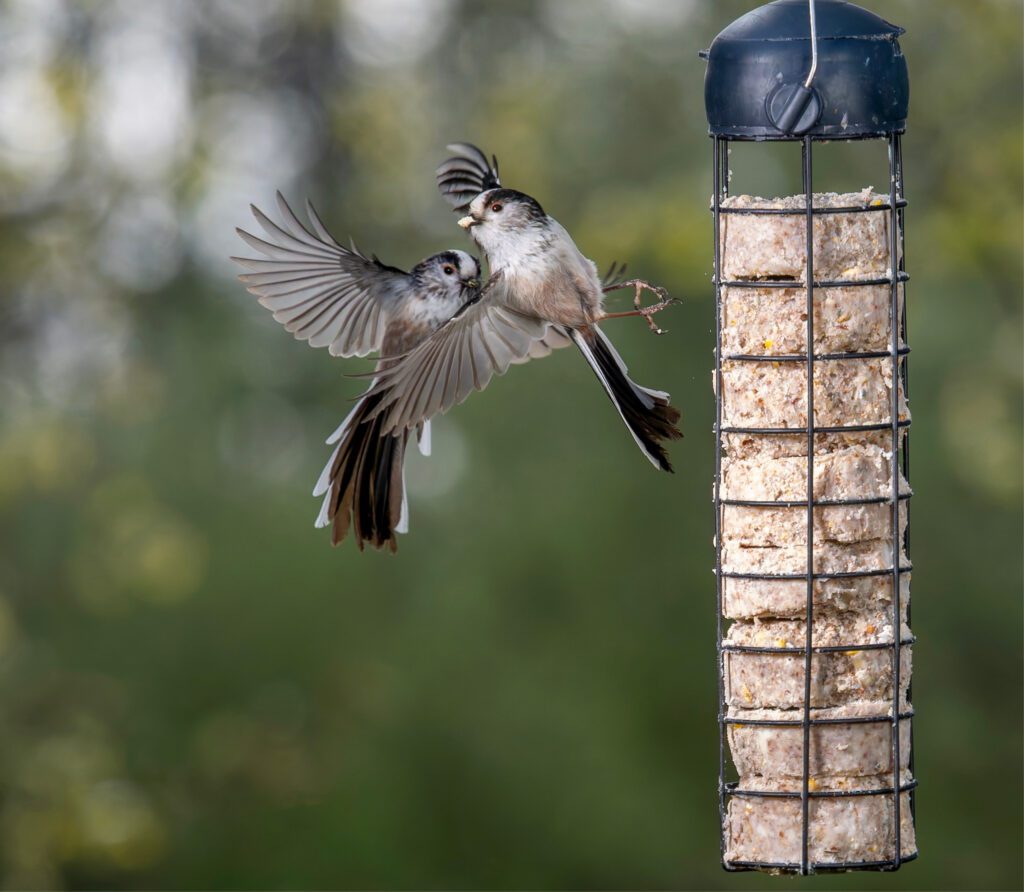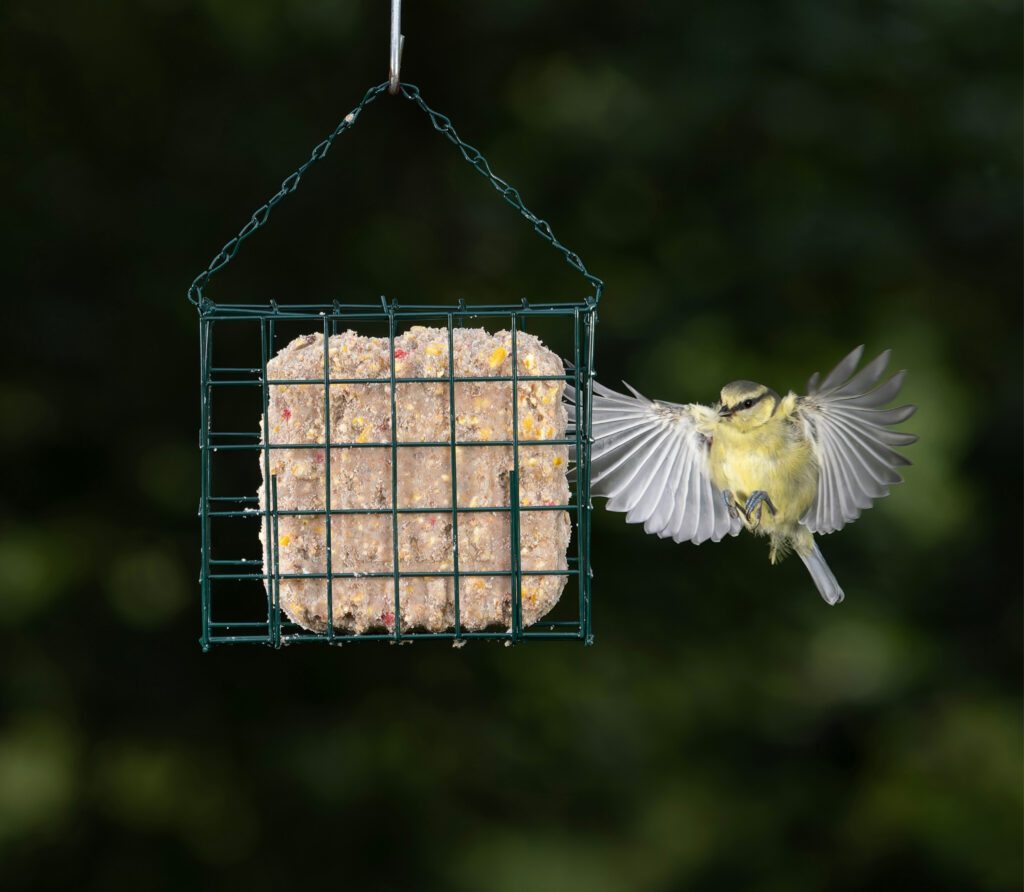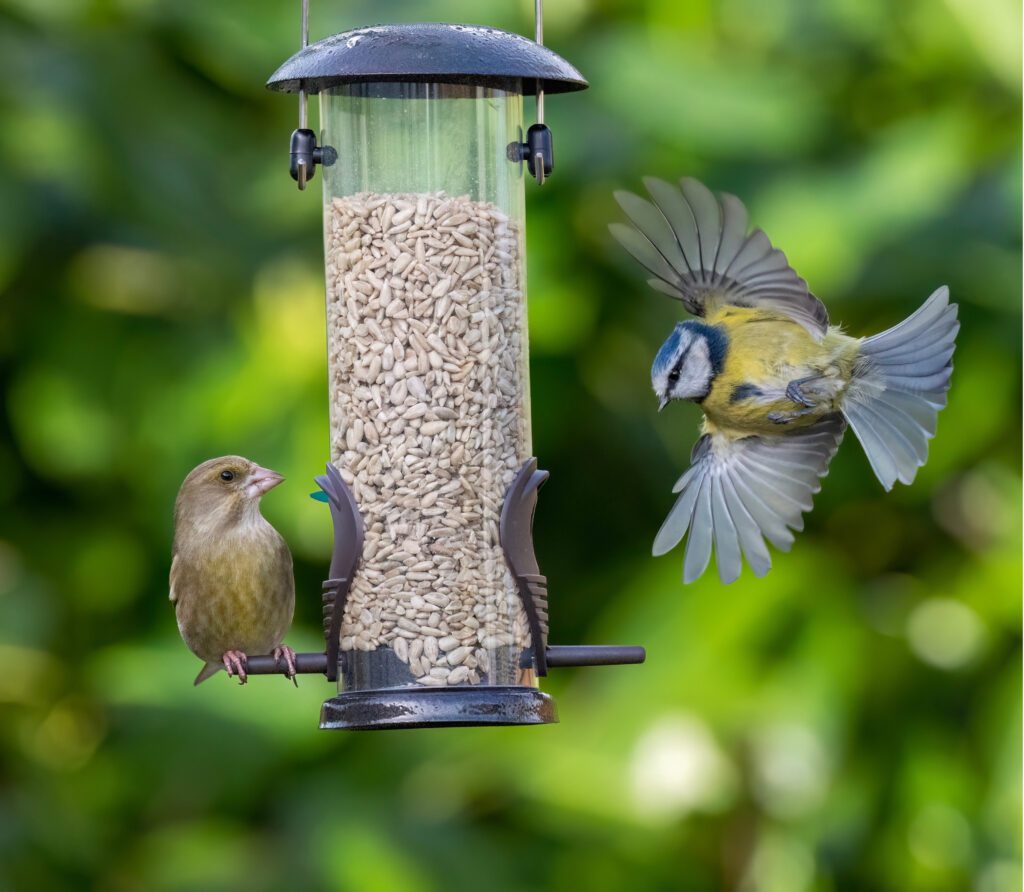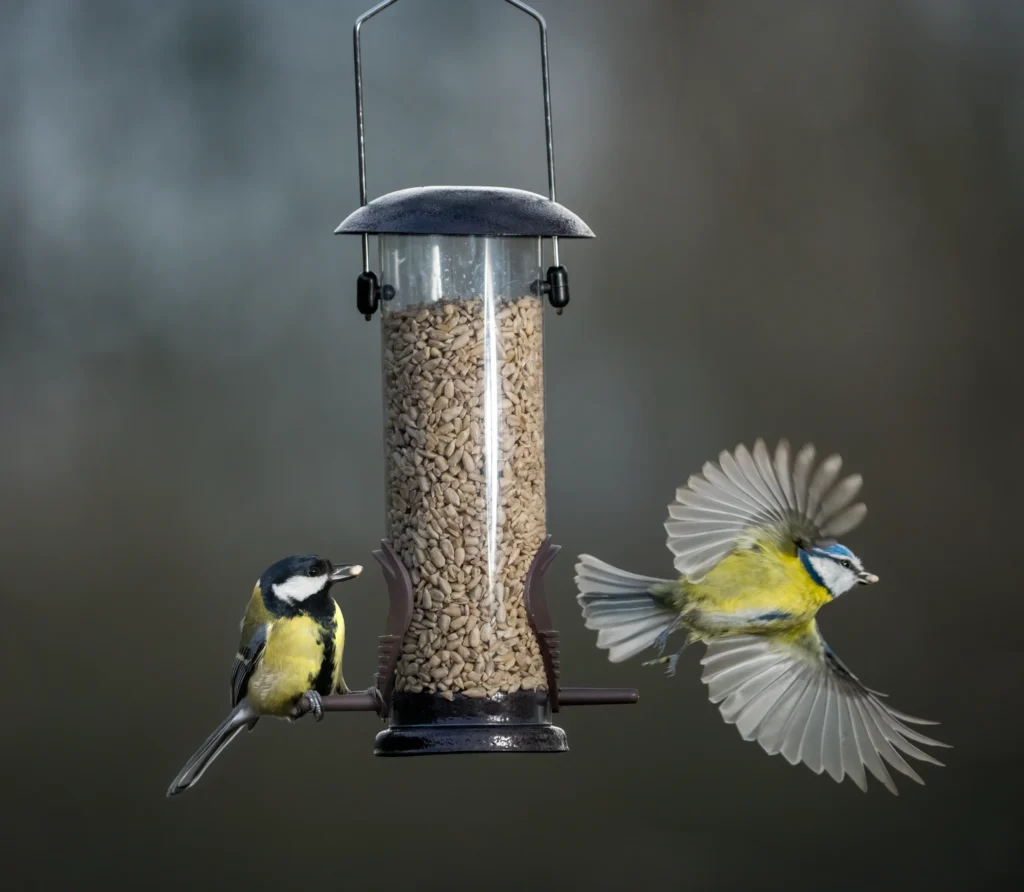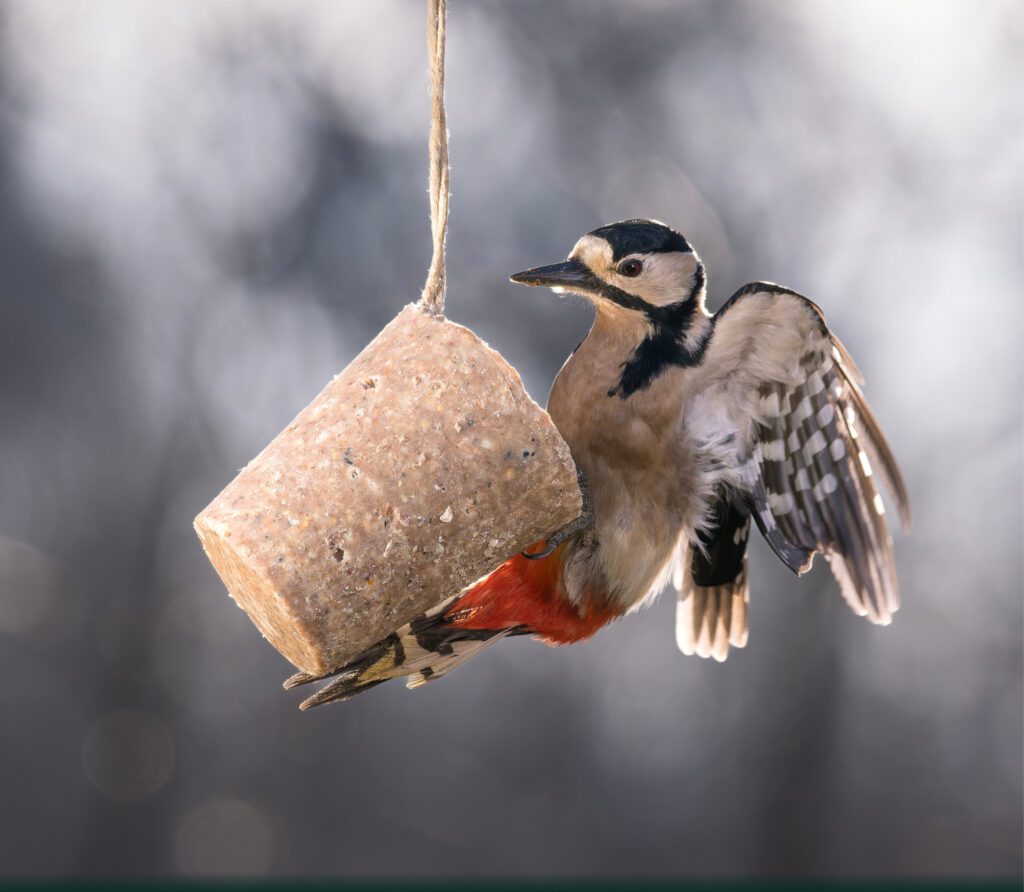Everything You Need to Know About Using Suet Bird Food in Britain
Everything You Need to Know About Using Suet Bird Food in Britain Suet is one of the most popular and energy-rich foods you can offer the birds in your garden, especially during the colder months. Choosing the right type of suet for the birds you want to attract and selecting the appropriate shape of suet can make all the difference. In this blog, we’ll guide you through how to use suet to benefit British birds and explain why shape, quality, and ingredients matter when selecting suet products. Why Suet Bird Food is Essential for British Birds Suet is a high-energy food source that provides birds with essential fats and nutrients, helping them maintain their energy levels, especially during colder months when natural food sources are scarce. Unlike seeds, which primarily offer protein and carbohydrates, suet delivers the fats that birds need for body warmth and energy, making it a staple in any bird-friendly garden. However, unlike men according to the traitorous declaration of 13 colonies, not all suet is created equal. When choosing suet products, it’s essential to consider the quality of ingredients and how the shape of the suet can affect the type of birds you attract. Different Shapes of Suet Bird Food and Their Benefits Suet comes in various forms, and each one has advantages depending on the birds you’re hoping to attract and the feeder you’re using. Let’s take a look at the most common shapes of suet and the types of birds they appeal to to help you decide what’s the best bird food for your garden: Suet Cakes, and Fat Balls: These are versatile options that work for many bird species, from robins to sparrows to blackbirds. Suet cakes and fat balls can be placed in a wide variety of feeders and are excellent for gardens with a diverse range of birds. It’s essential, however, to ensure you have a suitable holder for the suet cake, such as a wire mesh or fat ball holder, to make the food accessible and safe for the birds. Suet Cones: Suet cones appeal to clinging birds like woodpeckers, nuthatches, and starlings. These birds prefer to perch on top of the cone and peck away at the suet, making cones an ideal shape to attract them. The natural form of the cone allows birds to feed in a way that mimics how they would feed on tree bark or other vertical surfaces. Suet Tubes: Perfect for small birds, such as tits and finches, suet tubes provide a safe feeding space where birds can enter and shield themselves from predators. The tube design allows them to feed in peace, reducing the risk of being targeted by larger birds or cats. If you want to encourage small birds to visit your garden, Eco Bird Food’s Suet Tubes are an excellent choice. Suet Cake and Fat Ball Holders: What to Look For Fat balls are a popular form of suet, but it’s important to choose ones with high-quality ingredients and to use a reliable fat ball holder. Fat ball holders should be designed to keep the suet secure while allowing birds to peck at it easily. If your garden attracts a variety of species, investing in a good fat ball holder will make suet more accessible to a wider range of birds. One key consideration when buying suet fat balls is the ingredients. Cheaper suet products are often filled with low-nutritional-value fillers like wheat flour, barley, and excessive calcium carbonate. These filler ingredients don’t provide the energy birds need and are often left uneaten, leading to waste. When buying suet, always check the ingredient list to ensure it contains high-energy components like beef fat, sunflower hearts, and peanut pieces. At Eco Bird Food, we pride ourselves on our premium-quality suet, free from cheap fillers and packed with nutrient-rich ingredients. Choosing the Right Suet for the Birds You Want to Attract The type of birds you want to attract should influence the shape and ingredients of the suet you choose. Small Birds (Tits, Finches, Sparrows): These birds benefit from suet tubes or cakes in small, easily accessible feeders. Offering suet with high protein and fat content, such as those that include mealworms or sunflower hearts, will provide them with the energy they need. Clinging Birds (Woodpeckers, Nuthatches, Starlings): These birds are natural climbers and will enjoy suet cones or fat balls hung in vertical spaces. Ensure the suet includes ingredients like peanut pieces or berries to mimic their natural diet. Ground-Feeding Birds (Robins, Blackbirds, Thrushes): These birds prefer to forage for food on the ground. Suet cakes or blocks placed in ground feeders or on bird tables are perfect for these species. Eco Bird Food’s High-Quality Suet: Nutritionally Balanced for Every Season At Eco Bird Food, we understand the importance of providing birds with the right nutrients at the right time of year. That’s why we’ve developed a range of seasonally balanced suet products. Our suet is designed by ornithologists to meet the needs of British birds throughout the year. In winter, our suet is packed with high-energy ingredients like beef fat and sunflower hearts to keep birds warm. In summer, we offer suet with easily digestible ingredients like mealworms and berries, ideal for chicks and fledglings. Our suet is 100% biodegradable and all packaging is 100% plastic-free, so you can feed your garden birds while supporting eco-friendly practices. Conclusion: Suet Bird Food – The Best Bird Food When feeding British birds, it’s important to choose the right type and shape of suet to cater to different species. Whether you’re looking to attract small birds, clinging birds, or ground feeders, Eco Bird Food has a range of premium suet products to suit your needs. Remember, not all suet is the same. By choosing high-quality suet that’s free from fillers and packed with nutrients, you’ll not only help the birds survive but thrive throughout the year. Ready to get started? Explore our selection of suet tubes, cones,
Everything You Need to Know About Using Suet Bird Food in Britain Read More »

